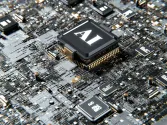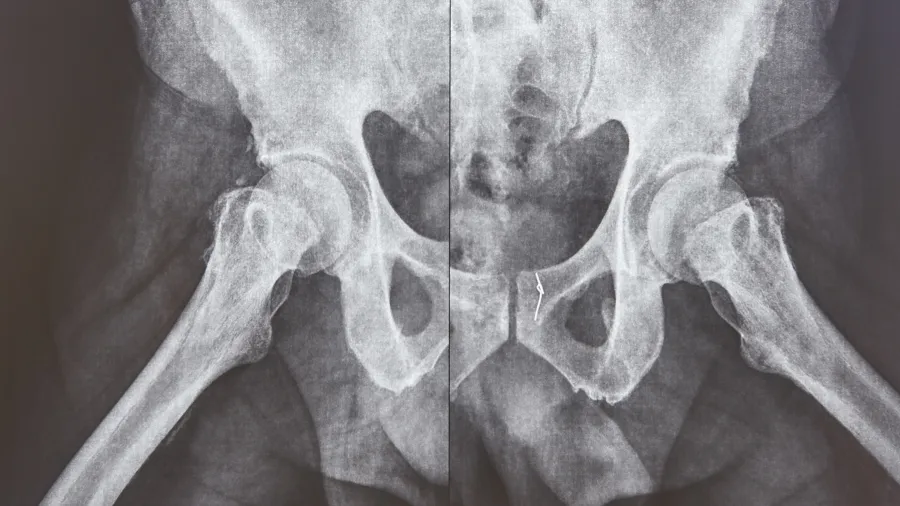
South Korea unveils predictive model for subsequent refracture risks
The model was tested on 468 patients and attained a prediction accuracy of 0.74.
A research team led by Kim Young-gon, a professor from the Department of Convergence Medicine at Seoul National University Hospital (SNUH), has developed a deep-learning model for predicting short-term refracture risk in patients with hip fractures.
According to SNUH, the team analysed computed tomography (CT) images of 1,480 hip fracture patients to develop and validate the model.
Furthermore, the model's performance was tested on 468 patients and attained an AUROC of approximately 0.74 for a five-year prediction. An AUROC closer to 1 indicates better prediction performance.
The research team emphasised that the model’s results can be utilised in the management and treatment strategy planning for patients who have experienced hip fractures.
"Prescribing osteoporosis medication, continuous monitoring, and early rehabilitation for these high-risk groups can mitigate the risk of falls," Kim said.
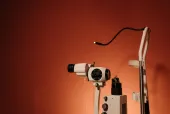
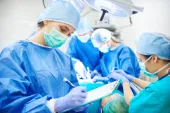
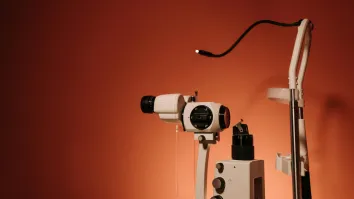
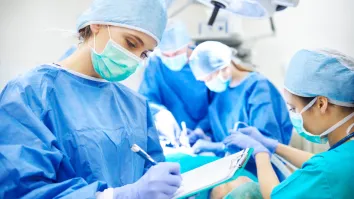
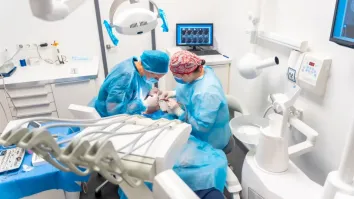
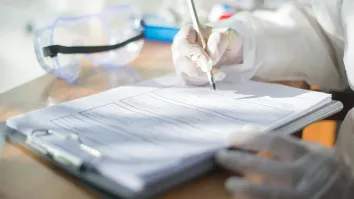













 Advertise
Advertise

